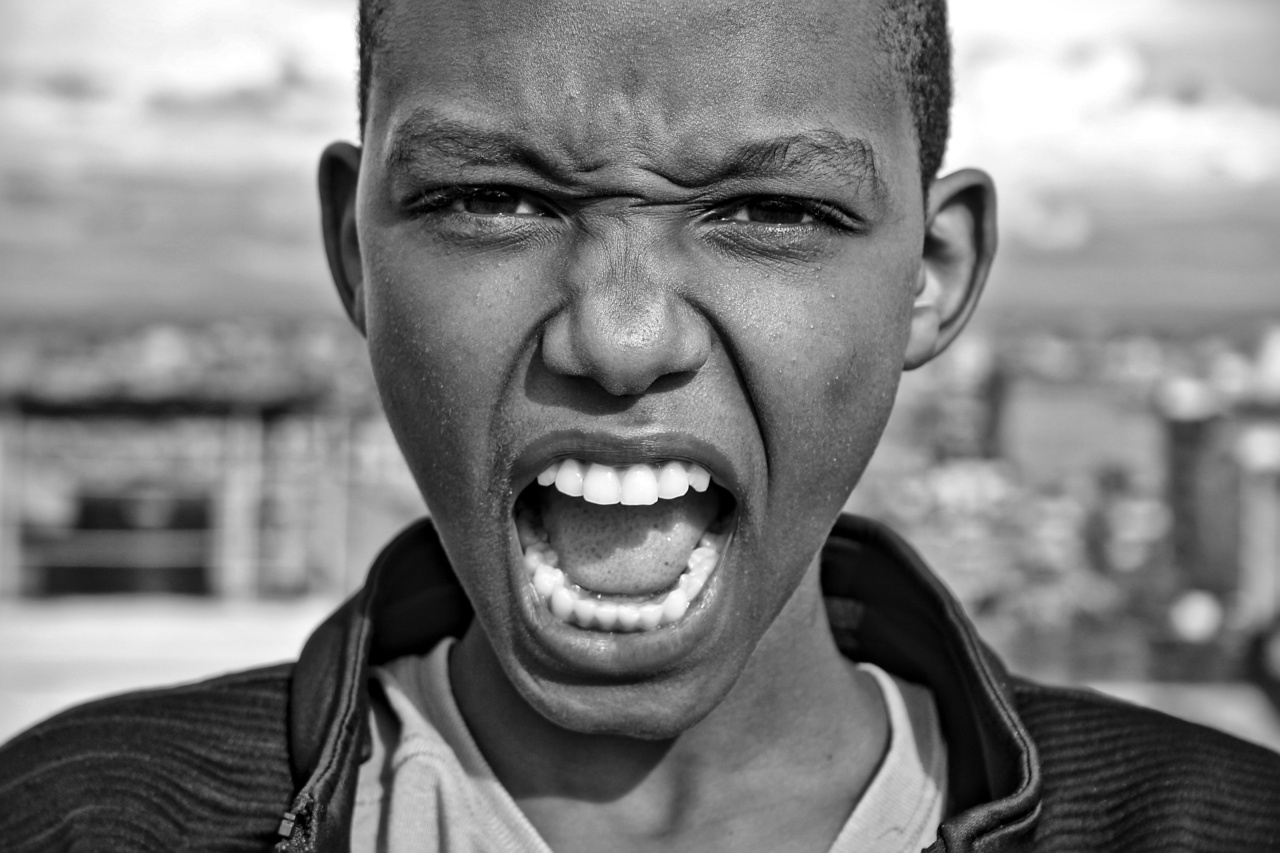Yelling at your child is a common disciplinary action taken by parents who want to educate their children about right and wrong.
However, yelling is not an effective method of discipline and can cause long-lasting effects on the child’s behavior, especially if it becomes a regular event. In this article, we dive into the effects of yelling at your child and explore why parents should avoid it as much as possible.
1. Yelling leads to fear and anxiety
Yelling can cause immediate fear and anxiety in a child. Children who experience frequent yelling at home may become fearful and anxious and carry that fear and anxiety with them into their adult lives.
Children who are frequently yelled at often become nervous and apprehensive around their parents, which can create an uncomfortable and unpleasant environment at home.
2. Yelling creates communication barriers
When parents yell at their children, it often creates communication barriers as the child stops listening and shuts down.
This is because yelling can be overwhelming and stressful, making it difficult for the child to process and understand what is being conveyed. Communication is essential in building a strong bond between parent and child and is crucial in ensuring the child receives consistent guidance and support.
3. Yelling leads to aggression
Yelling can lead to aggression in children. When children are yelled at, they often become angry and aggressive, leading to a vicious cycle of yelling and aggression.
This behavior can be detrimental to the child’s development and can put them at risk of developing mental health disorders like aggression and anger issues.
4. Yelling leads to low self-esteem
Children who are frequently yelled at often have low self-esteem. They internalize the yelling and believe that they are not good enough, leading to feelings of inferiority and worthlessness.
Low self-esteem can lead to delinquency, depression, and suicidal tendencies in extreme cases.
5. Yelling can become a habit
Yelling can become a habit for both parents and children. Parents who frequently yell may become accustomed to that method of communication and use it even when it is not necessary.
Children who experience frequent yelling may also develop a pattern of yelling or aggressive behavior in response to stressful situations.
6. Yelling can lead to physical and emotional abuse
Yelling can escalate into physical and emotional abuse if not addressed in time. Parents who yell frequently may become more aggressive over time and start using physical force to discipline their children.
Emotional abuse can also occur if yelling is coupled with verbal abuse or shaming tactics.
7. Yelling reduces trust and respect
Parents who frequently yell often find that their children trust and respect them less over time.
Children who experience frequent yelling may see their parents as untrustworthy and disrespectful, leading to a breakdown of the parent-child relationship.
8. Yelling can affect cognitive development
Yelling can affect cognitive development in children. Children who are frequently yelled at often struggle academically as they may find it difficult to concentrate and process information.
This can lead to poor grades, which can affect the child’s self-esteem and confidence.
9. Yelling can lead to social withdrawal
Children who are frequently yelled at may become socially withdrawn. They may become less interested in socializing with their peers and may struggle to form meaningful relationships.
This behavior may continue into adulthood and can affect the child’s ability to form intimate relationships and build social networks.
10. Yelling can cause trauma
Yelling can cause trauma in children, particularly if it is severe or if it is coupled with other forms of abuse.
Childhood trauma can have lasting effects on the child’s mental health and can lead to issues like anxiety, depression, and post-traumatic stress disorder.
In conclusion
Yelling at your child can have severe long-lasting effects on your child’s behavior, cognitive development, and mental health.
Therefore, parents should avoid yelling as much as possible and adopt alternative methods of discipline that promote positive communication and encourage good behavior.






























